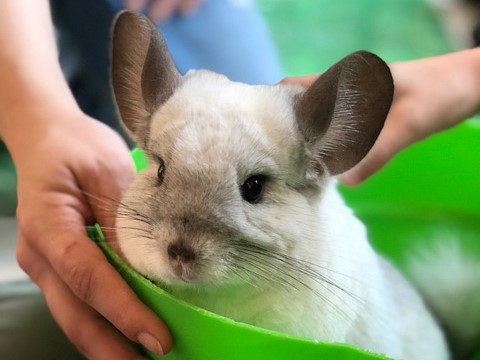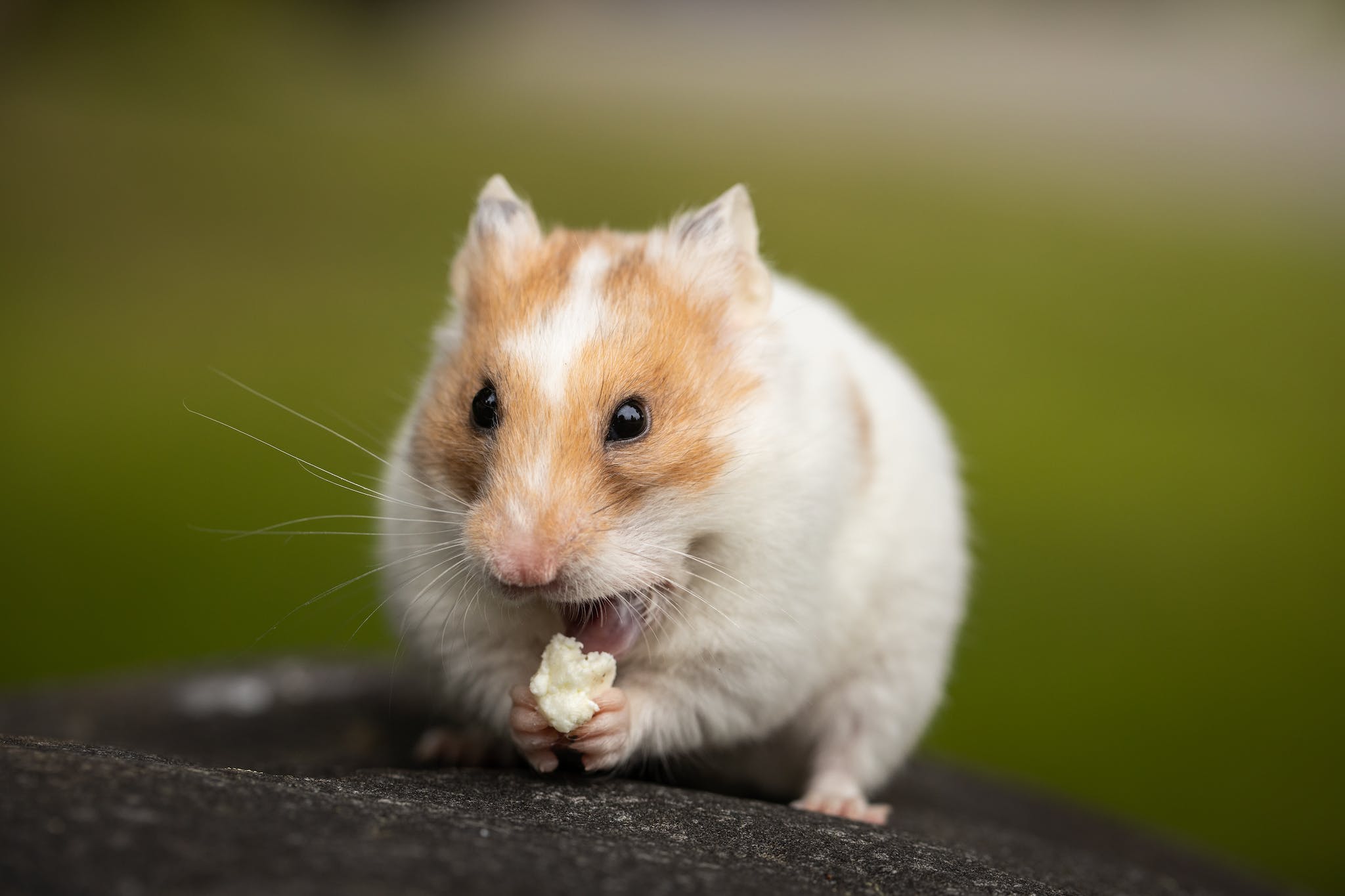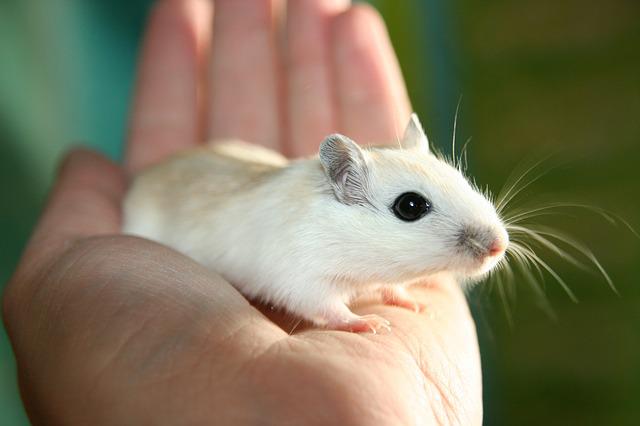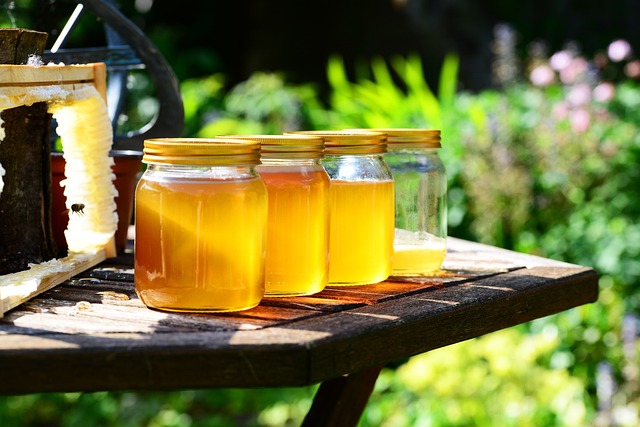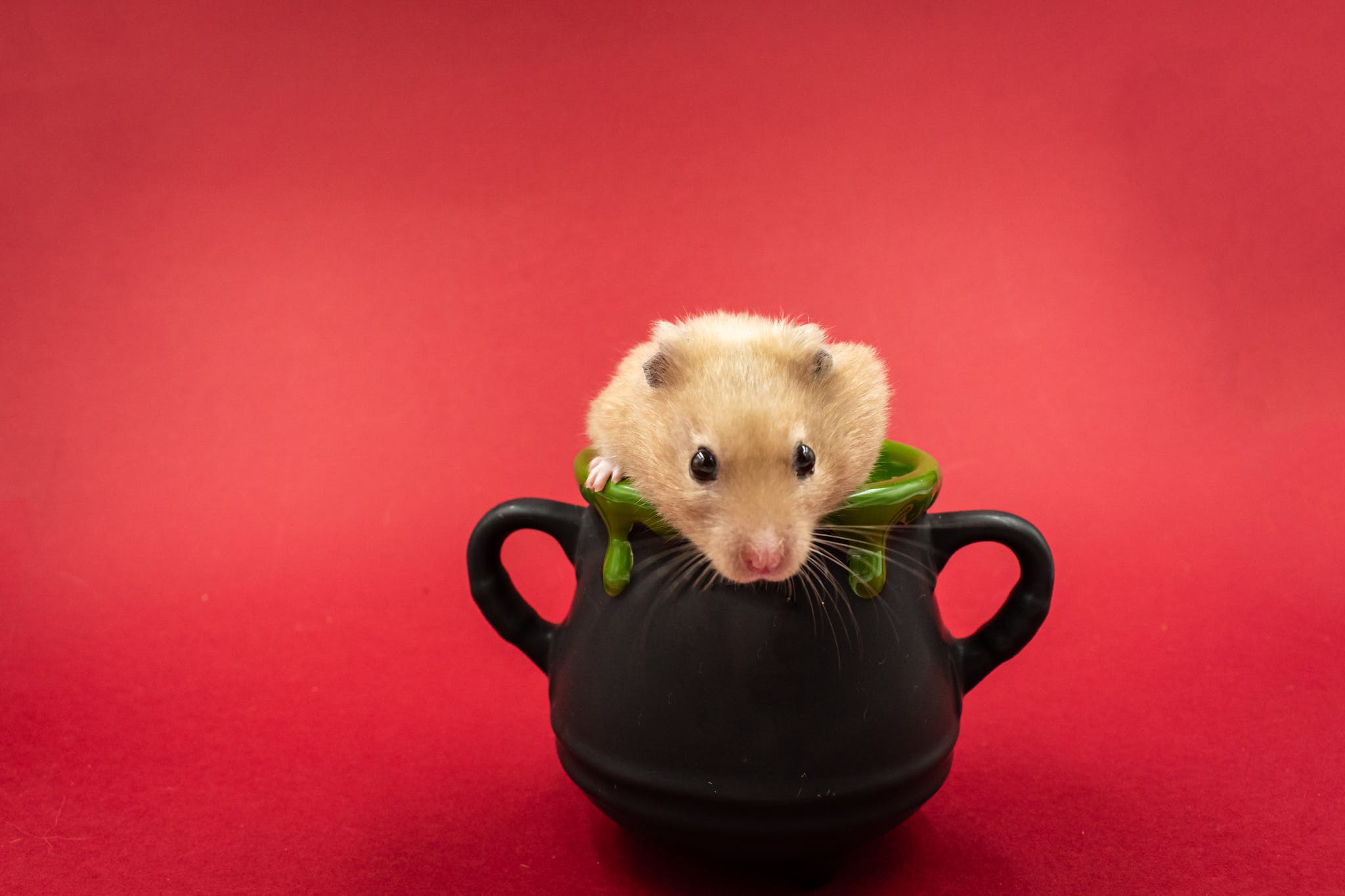Caring For A Chinchilla
There are some affiliate links below, but they are all products I highly recommend. For more info, view my disclosure here.
Chinchillas are fascinating small rodents native to the Andes Mountains in South America. These animals have become increasingly popular as pets due to their cute appearance, playful personalities, and low-maintenance needs. However, like any other pet, chinchillas require proper care to ensure they live a healthy and happy life.
This guide to chinchilla care will provide you with all the necessary information to keep your pet chinchilla happy and healthy. From their housing and dietary needs to their socialization and health requirements, this guide will cover everything you need to know about caring for chinchillas.
Whether you are a seasoned chinchilla owner or a first-time pet parent, this guide will equip you with the knowledge and tools needed to provide the best possible care for your furry friend.
Chinchilla Basics
Chinchilla basics entail specific housing and dietary needs for these small rodents from South America. Chinchillas are nocturnal animals and should be kept in a quiet area during the day.
They can be kept singly or in same-sex pairs, but regardless of the housing arrangement, they require a multilevel cage with platforms, solid-floor ramps, and perches. The cage should be at least 4ft x 4ft x 3ft with a solid floor. Bedding should be made of dye-free paper to avoid pine and cedar shavings, which can cause respiratory problems.
In terms of diet, chinchillas mainly require good-quality grass hay, supplemented with commercial pelleted chinchilla food. Fresh fruits and vegetables can be given as occasional treats with vet approval.
Chinchillas are prone to several common health problems, including respiratory infections, digestive issues, and overgrown teeth. To prevent these problems, chinchillas need plenty of activity and exercise, safe toys for chewing, and a 15-inch exercise wheel with a solid running surface.
Out-of-cage time is important for exercise, but plastic exercise balls should be avoided. Chinchillas also require access to a dust bath to maintain a healthy coat and skin.
Housing and Diet
To properly house a pet chinchilla, it is recommended to provide a multilevel cage with platforms, solid-floor ramps, and perches, with a minimum size of 4ft x 4ft x 3ft. This will give the chinchilla ample space to climb, jump, and play. The cage should have a solid floor to prevent foot injuries and bedding made of dye-free paper instead of pine or cedar shavings, which can cause respiratory problems. The cage should be kept in a quiet area away from direct sunlight and drafts, with a temperature between 65 and 80 degrees Fahrenheit.
Chinchillas require a diet that is mainly composed of good-quality grass hay, supplemented with commercial pelleted chinchilla food. Fresh fruits and vegetables can be given as occasional treats with vet approval. It is important to avoid giving sugary or fatty foods to chinchillas, as they are prone to digestive problems. Water should be provided in a sipper bottle and changed daily.
Chinchillas also need access to a dust bath to maintain a healthy coat and skin. Regular cleaning of the cage and accessories is necessary to prevent the buildup of bacteria and parasites that can cause health problems.
Health and Maintenance
Maintaining a clean and sanitary environment is crucial to prevent health issues in pet chinchillas. Their cages should be cleaned regularly, at least once a week, with hot water and mild soap. Avoid using harsh cleaning products or bleach, as these can be harmful to the chinchillas.
It is also important to change their bedding regularly, as chinchillas are prone to respiratory issues and can be sensitive to dust and odors. Dye-free paper bedding is recommended, and pine and cedar shavings should be avoided.
In addition to a clean living space, chinchillas require regular grooming to maintain healthy coats and skin. They should have access to a dust bath 2-3 times per week, as this helps to remove excess oils and dirt from their fur. It is important to use chinchilla-specific dust, as other types of dust can be harmful to their respiratory systems.
Chinchillas also require regular nail trimming, as overgrown nails can cause discomfort and problems with mobility. Lastly, it is important to monitor their teeth, as chinchillas’ teeth grow continuously and can become overgrown, leading to dental issues. Providing them with safe chew toys and a balanced diet can help to prevent these issues.
